 Holistic Medicine
Holistic Medicine
People look to holistic medicine to treat many different things but at its core, holistic medicine focuses on treatments that address the whole person rather than focusing on treating an illness or disease as an isolated incident. A holistic healthcare practitioner takes into account a patient’s physical, emotional, mental, environmental, spiritual, nutritional, and lifestyle factors, in order to help them to achieve their optimal health. While achieving optimal health includes curing a person’s illness or disease, and many people first seek the help of a holistic healthcare provider when they are unwell, a holistic practitioner’s goal it is to go beyond just healing a particular ailment and to help their patients develop better and more balanced health. Achieving optimal health includes developing a healthy physical, mental, emotional and spiritual life.
Holistic is a broad term that covers both complementary and conventional medicines, treatments and therapies. There are many different kinds of healthcare providers that identify themselves as holistic but they can have different specialty and focus areas. Many holistic health providers are trained in one or more branches of holistic health. Some kinds of holistic health care licenses require the practitioner to have training from a Western medical school as part of their license. Holistic treatments often include the following, often with a few (but not all) at a time, in conjunction with each other:
– Acupuncture
– Alexander Technique
– Aromatherapy
– Ayurveda
– Biofeedback
– Chiropractic
– Diet & Nutrition Therapies
– Herbalogy
– Homeopathy
– Hypnosia
– Massage Therapy
– Meditation
– Naturopathy
– Nutritional Supplements and Therapies
– Osteopathic Manipulative Therapy (OMT)
– Qigong and Qiging
– Reflexology
– Reiki
– Spiritual Healing
– Tai Chi
– Traditional Chinese Medicine (TCM)
– Yoga
When a disease or illness occurs, a holistic practitioner will try to figure out the underlying causes of the illness. This does not mean that they will not do this while also taking a conventional approach to treating the problem. Most holistic healthcare providers use more than one modality when diagnosing and treating a patient. Depending on what a patient’s problem is, a holistic healthcare provider may use conventional Western medicine in conjunction with “alternative” medicine, or they may take the path of focusing on complementary and alternative medicines.
Be informed with Coastal Natural Health.
